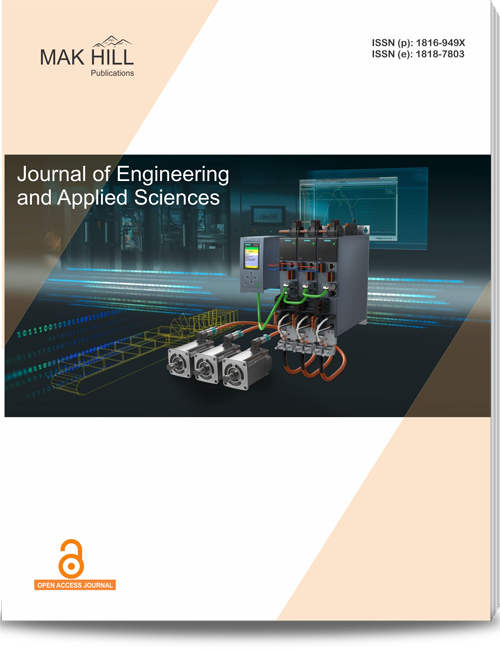
Journal of Engineering and Applied Sciences
ISSN: Online 1818-7803ISSN: Print 1816-949x
Abstract
In the present study, the effects of energy cost payment systems on the heating energy consumption of single-households around university towns were quantitatively analyzed. For the analysis, field surveys and questionnaire surveys for 287 buildings, actually measured data values for 31 households and ISO13790 based static simulation methods were utilized. According to the results of analysis, those households that were paying energy costs under the fixed charge system as energy costs were included in rents were consuming more energy compared to households that were paying energy costs under the meter-rate system by ~35%. However, even the consumers under the fixed charge system did not show any large difference from the heating energy consumption levels of general residential buildings in the same regions. That is the energy consumption did not reach the level of waste even when energy use was not limited. Meanwhile, among single-households around university towns, those households that were paying energy costs under the meter-rate system showed very low heating energy consumption levels indicating that they were enduring discomfort due to cost burdens.
How to cite this article:
Won-Hwa Hong, Su-Hyeon Park and Hyun Cheol Seo. The Effects of Energy Cost Payment Systems on the Heating Energy
Consumption of Single-Households Around University Town.
DOI: https://doi.org/10.36478/jeasci.2016.1374.1376
URL: https://www.makhillpublications.co/view-article/1816-949x/jeasci.2016.1374.1376